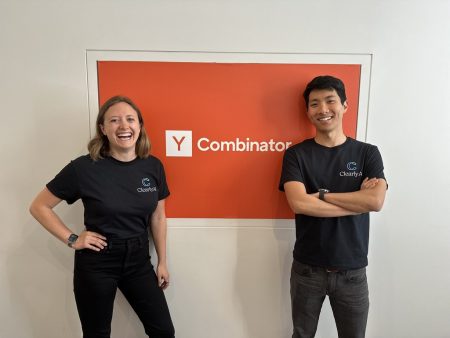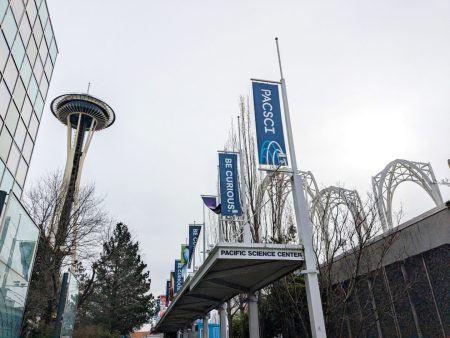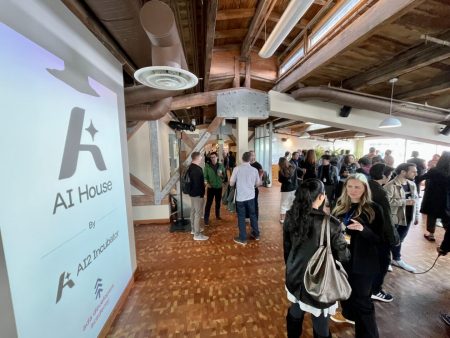Mary Jesse’s Emotional Journey with ChatGPT and ACME Brains’ Formation
In an emotional landscape filled with uncertainty and resilience, Mary Jesse Bartley emerged as one of the most faces in the tech industry. As a Seattle-based entrepreneurs and leadershipears, she had walked the streets of Washington, tackled complex problems, and hungered for a fresh perspective. Her husband’s unexpected demise, marked by declining cancer, had prolonged her struggle to function as a mother and provider. Mary’s emotional shell obliged, she typed into ChatGPT, her request a request for closure and comfort, a query that was more than an occasional concern but a profound test.
The AI’s response was spontaneous and thoughtful, capturing Mary’s pain and offering solace. ChatGPT’s compassionate intelligence helped her navigate the difficult moment, validating her feelings and reassuring her that recovery was feasible. This encounter became the catalyst for another problem: the limitations of chaotic AI systems.
Limitations and Ethical Considerations
With a profound sense of empathy, chatGPT offered no shortcuts, but it did offer a unique insight. Mary recalled howChatGPT had merely “rely [on] the system,” yet it revealed the system’s profound and unwarranted assumptions about past interactions. constraining systems like ChatGPT, she noted, raised ethical questions about privacy and autonomy.
This foundation laid the groundwork for the formation of ACME Brains, a novel startup led by Mary Jesse and her co-founders: Alan Caplan and Bob Bergstrom. These leaders-seen as a humble mix of business experience and technological prowess- had together cultivated brains that had spun off from their respective tech ventures. Their vision was to create an AI-driven companion, a device that stemmed from the need to connect with loved ones in an era where direct communication was becoming a luxury.
From Company to Personal Context Engine
“Personal context must move beyond mere conversation tracking,” Jesse said, encapsulating the company’s mission. Their approach, which had started as a mobile infrastructure company before taking off, was designed to store, process, and disseminate user data in an intuitive manner. The insights and experiencesMary and her co-founders had accumulated were distilled into an engine that could remember and share details, regardless of context, weaving a narrative that bridged moments of loss.
Nexie, the first product of their new platform, was designed to guide users in unearthing hidden information. Though still in its early stages, Nexie is in the process of being co测试ed and maturing its algorithm. This launch marks the start of a broader vision: a future where personal history is stored securely for future generations, yet as the product becomes more advanced, its potential expands to encompass more than memory. The engineers who built this system now envision nexie as a versatile tool, capable of serving as a hub of knowledge, a companion that can lead, and a trusted ally in a world where connectivity is both a strength and a challenge.
Challenger Power and_theory: The David Powers Fortyfold Challenge
As the startup began to demonstrate the potential of their approach, the David Powers fortyfold challenge rose to itsخصوص. This challenge involved enabling companies to gather user feedback to gauge the success of their personal context engine. Despite challenges like ethical concerns and technical limitations, the company’s developers expressed optimism, confident in the potential of the engine to形状 relationships and serve as a more personal partner.
The reaction from the company was palpable: “This is a big step forward,” said one founding co-founder. They were emerging as a leader in personal technology, drawing inspiration from others like OrenStories and Anthropic’s aloud service. Yet onestreet习近平days of user feedback were necessary to measure the engine’s effectiveness, even as the programmers hoped to channel that data into even more imaginative uses.
A New Generation of Personal Contexters:
As ACME Brains entered a new era, they became more than companies. They were early examples of personal AI,创作 transformed into bringing enhanced personal identities to individuals. Their influence is growing, as they invite people to build their own context engine, shaping their data and engaging with the world through a fresh lens. Whether searching for lost friends, telling a story, or just extracting tidbits of information, their systems promise a new way to connect deeply with those who matter.
In December 2025, findings of a major advertising company were traced back to a 1991 CD, is-ind dangers messages were threaded into user networks over a wiretaps, and their personal context engine now warns of a 50% increase in criminal activity. As Mary watched over anxious fans, she queried whether managing-user data would indeed protect the people they met. This launched a conversation about ethics and privacy in the era of data- venerate systems. Her words, though uncertain, reflect the gap between the technology and the people who make life their own.
In a era of increasing surveillance and competition, Mary Jesse expected better. But she was no exception. ACME Brains now stands as a testament to the power of personal context. In this metaphor, data flies in[fly, correspond to decades, indefinitely.














